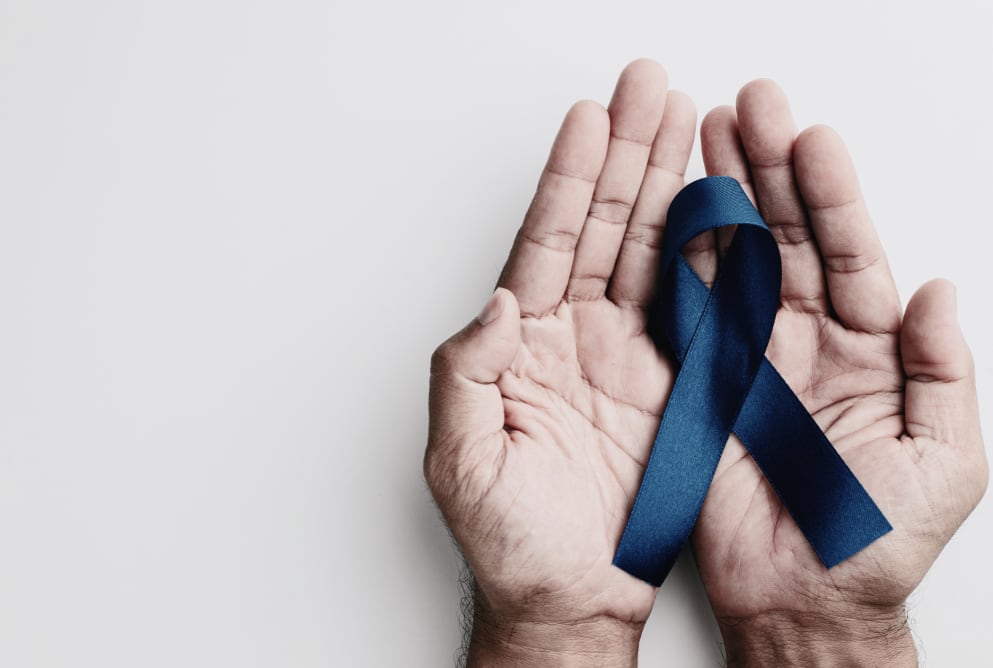For several years, November and the famous ‘Movember’ campaign have been putting the spotlight on men’s health issues, including mental health.
It feels, then, like there’s no better time to talk about the number of men affected by homelessness and the challenges it brings, as well as the severe impact this has on an individual’s mental health.
Does homelessness impact more men than women?
This is a difficult question to answer. Partly because it’s almost impossible to get accurate statistics on the subject. Women, for example, are often left out of official reports because of their higher likelihood of falling into the ‘hidden homeless’ category.
However, there’s evidence to suggest that men have a number of risk factors that potentially make them more vulnerable to experiencing homelessness during their lifetime.
Let’s take a look at some interesting statistics:
- 96% of the prison population in the UK are male. And it’s estimated that roughly 13.1% of prisoners currently leaving prison are released straight into homelessness.
- Men are statistically more likely to develop drug or alcohol dependencies, with men making up 4.3% of the 3.1% of the population struggling with addiction.
- Boys are nearly twice as likely to be suspended from school or be permanently excluded, reducing their access to a complete education.
- Men are much less likely to seek help for mental health problems. Less than 40% of NHS talking therapy referrals are for men.
If an individual falls into more than one of these categories, you can see how their chances of experiencing homelessness at some point in their lifetime increase dramatically.
A difficult cycle to break
When you consider these risk factors, it’s easy to see how this can become a vicious cycle that many men struggle to break.
Just under 50% of people entering the prison system have no qualifications. 42% were expelled or permanently excluded from school, making it harder to find work when released, which can mean immediate or imminent homelessness.
With no fixed address, accessing appropriate mental health care can be extremely challenging, meaning many turn to substances to cope with their circumstances.
Of course, these issues are the tip of a very complex iceberg, But for many men, the cycles they find themselves in are extremely difficult cycles and leave them unsure where to turn.
Simon on the Streets is here to help
Nobody is an island, and that couldn’t be truer here. Our outreach team works tirelessly to build long-term relationships with the people who need our support in what can be an incredibly isolating situation; the team are there to support, advocate for and celebrate individuals as they work hard to break the cycle, make positive progress, and achieve change for the better.
From accompanying individuals to appointments and signposting to other relevant services to simply being a friendly, listening ear, we want everyone experiencing homelessness to feel empowered and to know that this doesn’t have to be what life looks like forever.
If you’re worried about homelessness or know someone currently experiencing homelessness, our team are here to help. We’ve also provided links to men’s mental health organisations that you may find helpful.
Remember, it’s okay to talk.
Helpful links:
